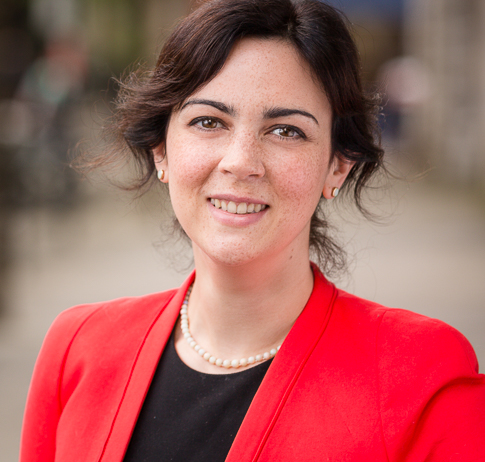For a while it was fashionable, especially in some offshore jurisdictions, to create trusts with no primary beneficiaries. Instead the Settlor would name a default beneficiary and give the trustees a power to add primary beneficiaries at a later date (meaning greater control for the Settlor under the guise of greater flexibility).
The default beneficiary, usually a charity (and so often the Red Cross that this type of trust is colloquially known as a 'Red Cross' Trust) was rarely intended to receive significant if any benefit, but was crucial to the operation of the trust. That is because a trust is only a trust where there is a beneficiary (even if only a default beneficiary) on the principle that there must be someone able to hold the trustees to account.
That principle was at the heart of the recent case of Jefferys v Scruton.
Mrs Jefferys' Will provided that her estate should be held on discretionary trusts for her son, Tom, and any other issue ('Tom's Trust'). Mrs Jefferys did not have any other children, but the trustees enjoyed a suite of powers including the power to add to the class of beneficiaries.
In the event that the trust in Tom's favour failed, Mrs Jefferys' Will said that her estate should be held for the benefit of her nieces and nephews. Mrs Jefferys made the will knowing that Tom, who had Cerebral Palsy and was severely disabled, was vulnerable to potentially life threatening infections.
Tragically Tom died in 2014, aged twelve. A little over a year later Mrs Jefferys also passed away.
Mrs Jefferys' nieces and nephews claimed her estate on the basis that the trust in favour of Tom had failed because there were no other issue, and the trustees had not added any other beneficiaries.
The trustees however, were not so sure. They applied to the Court for a determination of whether their power to add beneficiaries to Tom's Trust had survived even though Tom predeceased his mother.
The analysis turned on whether the provision for Tom and the provision for the nieces and nephews was a single composite trust or whether the will provided for two separate trusts; a primary trust for Tom and a secondary trust for the nieces and nephews, the latter taking effect only if the first failed.
If Tom's trust was separate from the trust for the nieces and nephews, the fact Tom predeceased his mother would mean that his trust failed for lack of a beneficiary. Consequently the trustees' power to add to the class of beneficiaries would no longer exist.
If the will created a single composite trust, the nieces and nephews would fulfil the role of default beneficiary in Tom's Trust, and the trustees' power to add additional beneficiaries would survive.
Having considered a number of authorities, including the Jersey case of Re Exeter Settlement in which RNLI occupied the position of default beneficiary, the court preferred the former analysis. The Judge said that was the plain and literal meaning of the 'failure' wording in the Will.
Based on that finding, evidence of Mrs Jefferys' intentions when making the Will – including what she believed about Tom's life expectancy - was inadmissible. But for completeness, the court said that evidence pointed to the same conclusion.
A reminder, particularly for charities who often find themselves in the role of default beneficiary, that the wording of default provisions is critical to interpreting trusts. Small quirks of wording can make big differences to who benefits.

